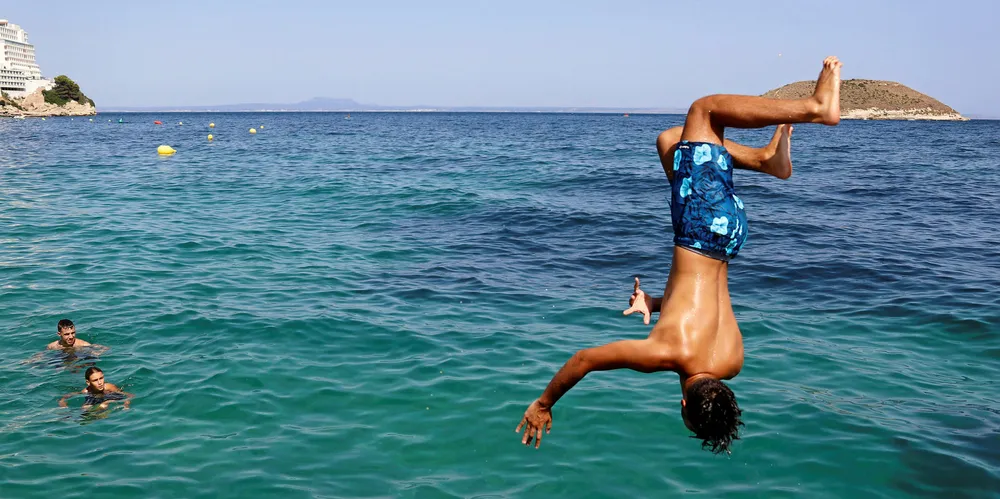Mallorca sun to shine on Southern Europe’s first EU-funded hydrogen hub
Enagás-coordinated Green Hysland project in line for €10m grant as flagship project of EU Hydrogen Strategy and blueprint for hydrogen islands across Europe

Enagás-coordinated Green Hysland project in line for €10m grant as flagship project of EU Hydrogen Strategy and blueprint for hydrogen islands across Europe
